Ministry of Education, Culture, Sports, Science and Technology (MEXT) announces results of FY2017 survey of the situation with international exchanges at high schools
What's New
Initiatives to attract educational travel to Japan in areas promoting farm stay
News
31 March, 2020
Farm stay (“Nohaku” in Japanese) is a type of trip in which visitors stay in an agricultural, mountain, or fishing village to enjoy the appeal of the local area. These areas allow travelers to experience traditional Japanese life and interact with rural people, and there is a vast array of lodging options available, including farmhouses and old residential properties. Farm stay is being promoted by local governments across Japan under the leadership of the Ministry of Agriculture, Forestry and Fisheries.
Farm stay allows you to immerse yourself in the day-to-day life of rural communities, experience the Japanese lifestyle, and engage with Japanese people, and it can provide a wonderful educational opportunity for students from all over the world visiting Japan for educational travel. So many of the areas promoting farm stay are active in accepting students on educational trips to Japan, and here we’ll introduce the initiatives of three of them.
In Semboku, the city government and other local bodies began accepting educational travelers to Japan in 2012. The city government, schools, and farmers have been working together to design travel programs involving school exchanges and farm stay, and in the 2018 fiscal year over 300 students were accepted. They came mainly from Taiwan, but also from a large number of other countries and territories, including South Korea, the U.S., and India.
There are more than 30 farming households in Semboku that accept students, who can enjoy unique, seasonal experiences. Between April and November, they can enjoy agricultural activities such as planting and harvesting vegetables and picking fruit, while from December to March they can play in the snow and practice preparing local dishes. Many of the students also visit sights such as Lake Tazawa, Japan’s deepest lake, historical samurai residences, and Kakunodate, which is famous for its cherry blossoms. And in winter, ski programs are also available.
E-mail:sembokugt@city.semboku.akita.jp
Available languages: English and traditional Chinese (traditional Chinese is only available with email)
Hours: 8:30-17:15 on weekdays (not available on weekends and public holidays)
Website: https://semboku-gt.jp/
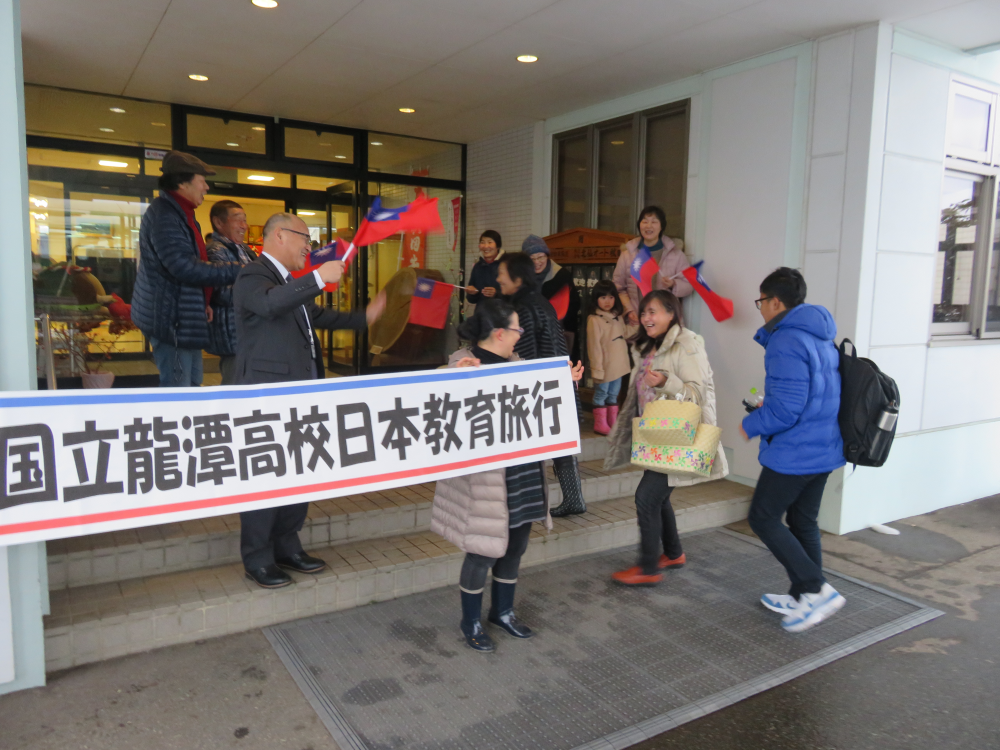
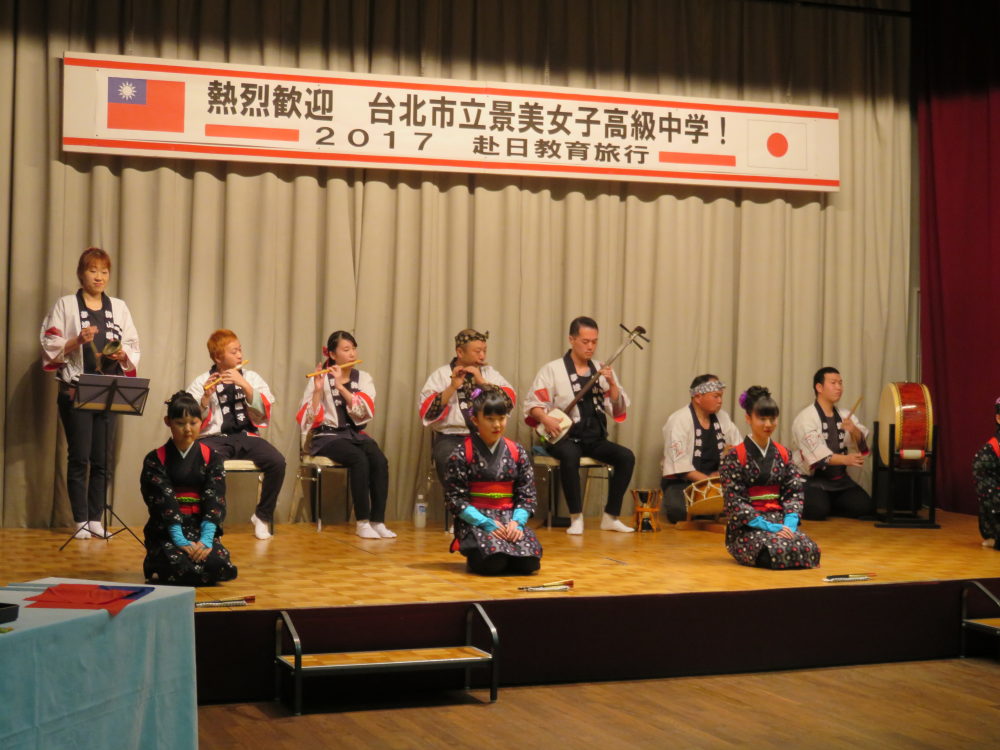
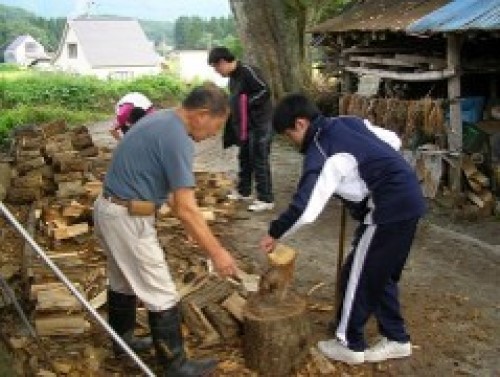
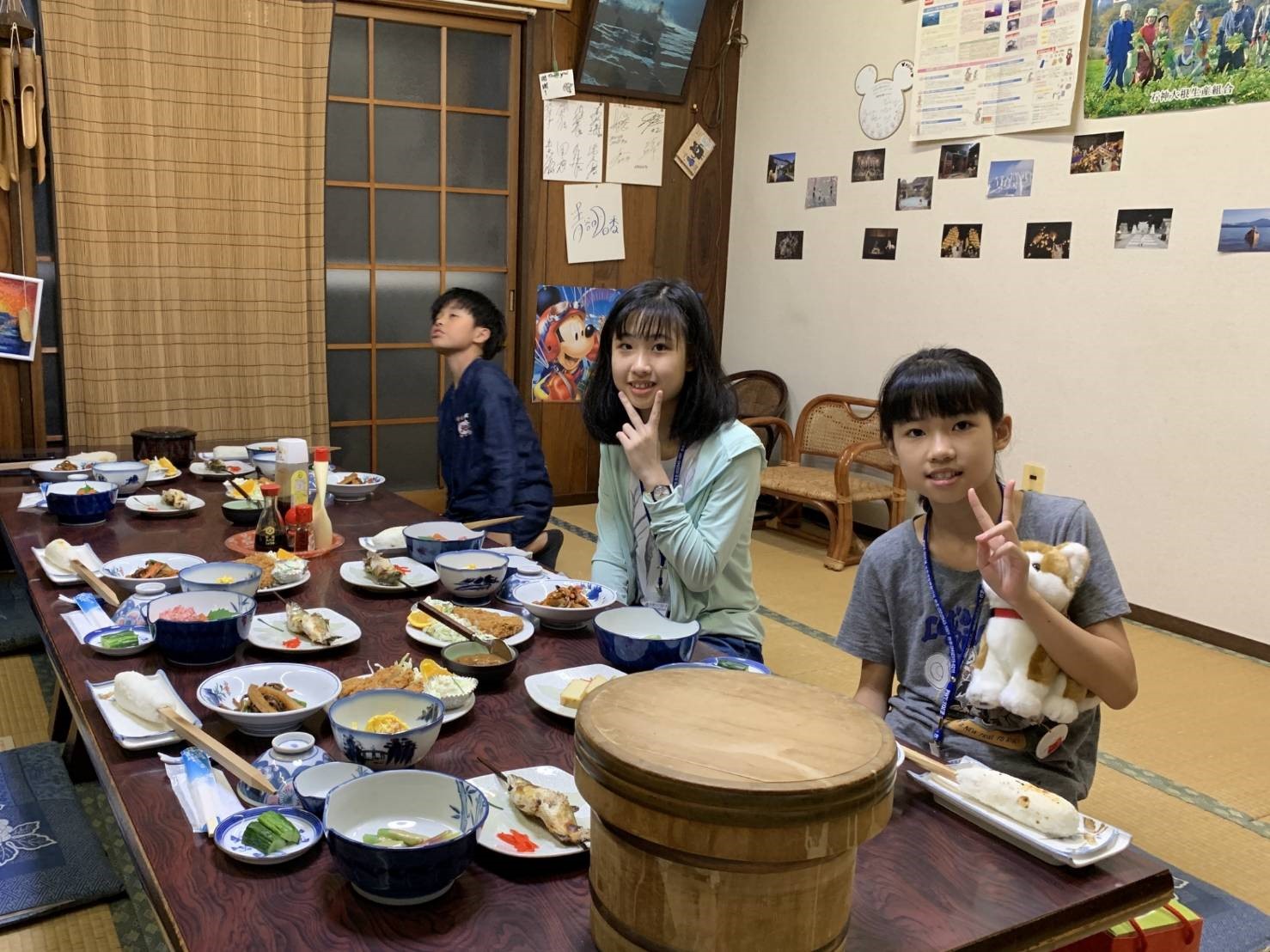
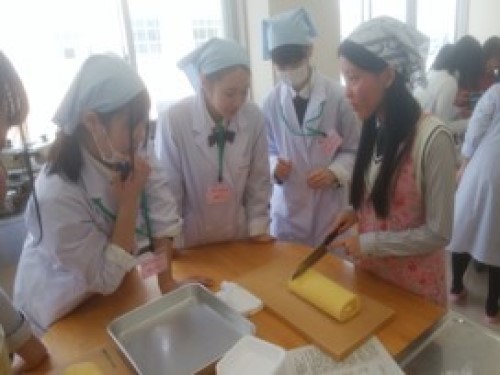
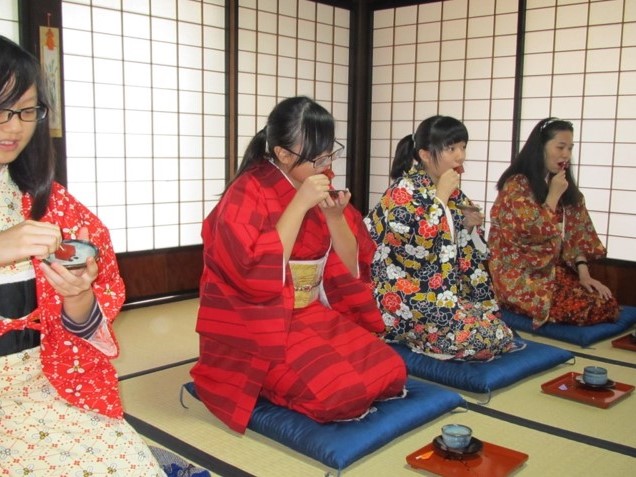
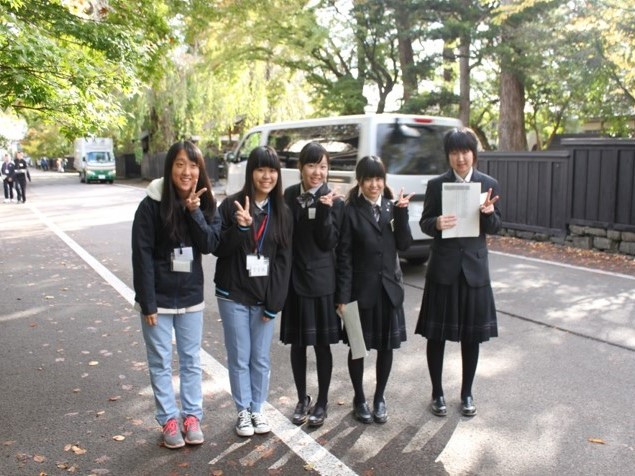
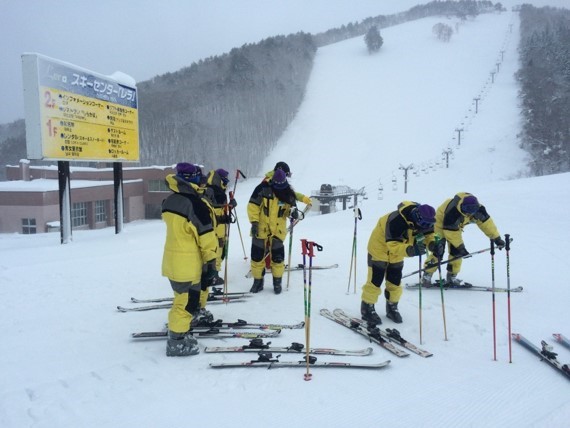
Minakami accepts students on educational trips from Taiwan, South Korea, and Myanmar, and its at-home-style farm stay, where you stay in a rural village as a member of a family, is what makes it special. By cultivating rice, harvesting vegetables, and exploring the green foothills, you can learn about the traditional way of life, which is filled with wisdom and techniques that have been passed down through the generations since ancient times.
Hands-on study programs that take advantage of the rich natural environment are also popular. They include trekking and hiking through the mountains, outdoor sports such as skiing and rafting, and picking fruits like apples and cherries.
E-mail: info@m-tr.jp
Available languages: English
Hours: 9:00-17:00 on weekdays (not available on weekends and public holidays)
Website: https://www.m-tr.jp/
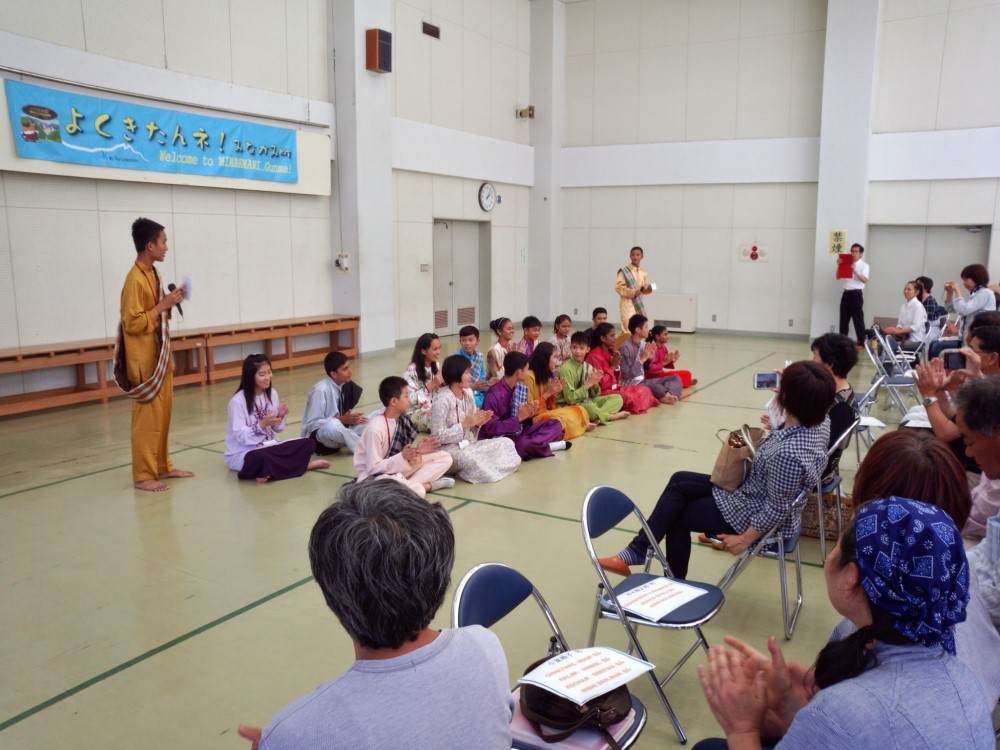
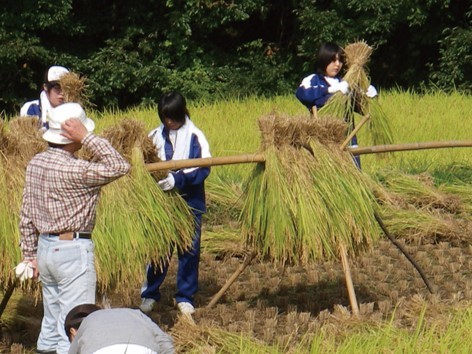
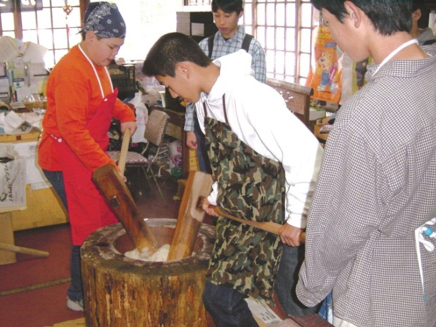
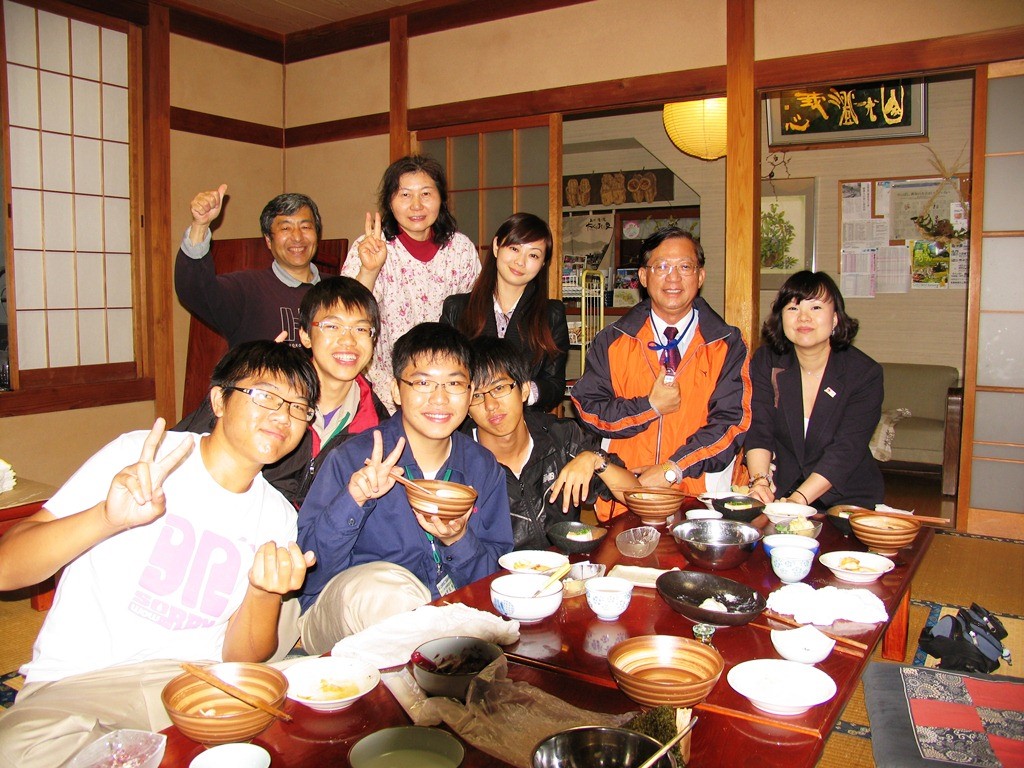
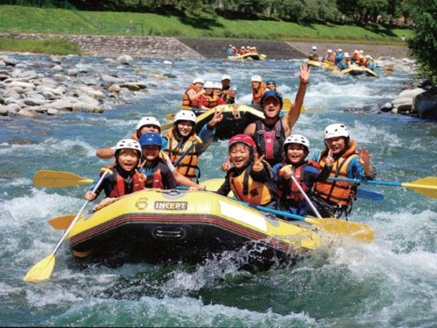
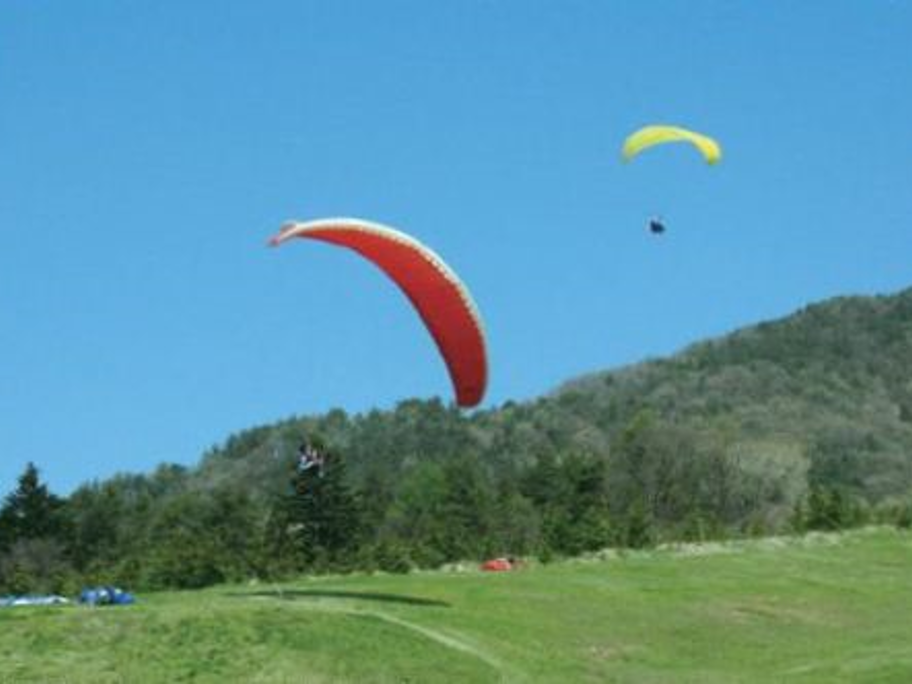
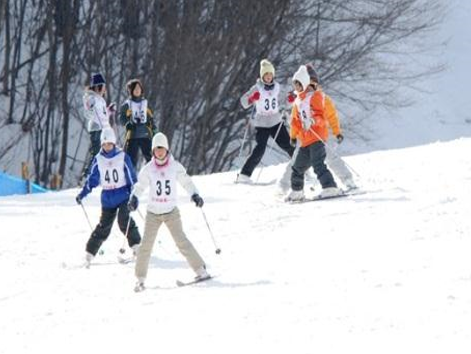
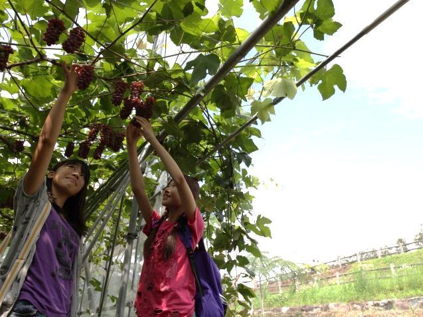
The hands-on education travel offered in Yamato-Asuka emphasizes three elements: cooking and eating Japanese food with the host family, learning social skills by living in a different environment, and coming into contact with Japan’s roots by spending time in an area with a long history. The host families are diverse, and include farmers, soy sauce makers, carpenters, temple/shrine priests, souvenir vendors, and manufacturing workers. You can experience a different way of life depending on the family you stay with, and activities include harvesting farm produce, preparing local dishes, reinforcing mountains to prevent landslides, and chopping wood. Among others, visiting historical sites with your host family is a unique program, thanks to the historical depth of the Yamato-Asuka district.
Note: The programs you can participate in differ depending on criteria.
E-mail: info@yamatoasuka.or.jp
Available languages: English
Hours: 9:00-17:00 on weekdays (not available on weekends and public holidays)
Website: https://yamatoasuka.or.jp/
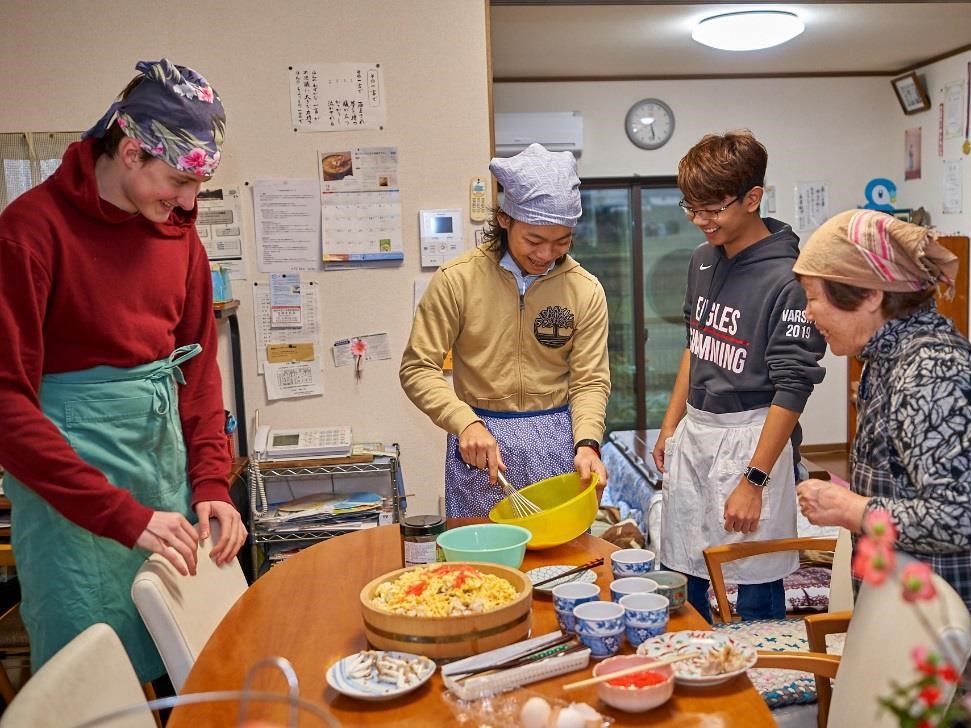
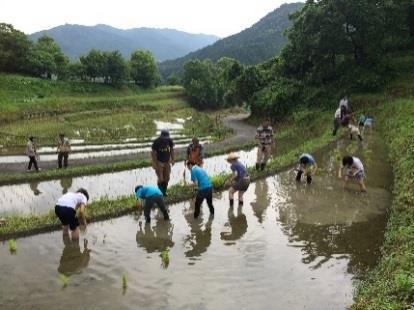
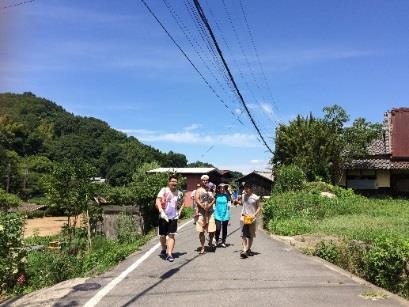
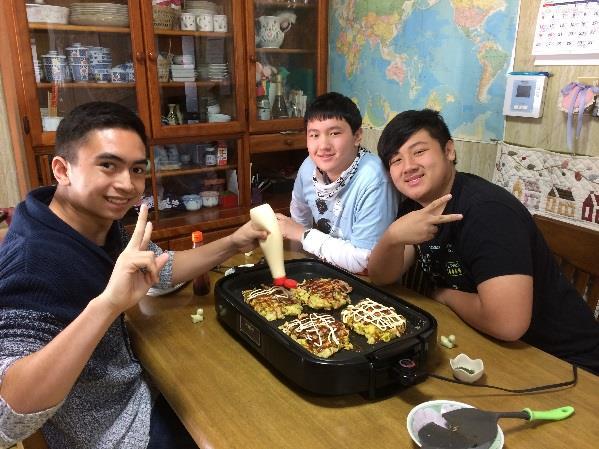
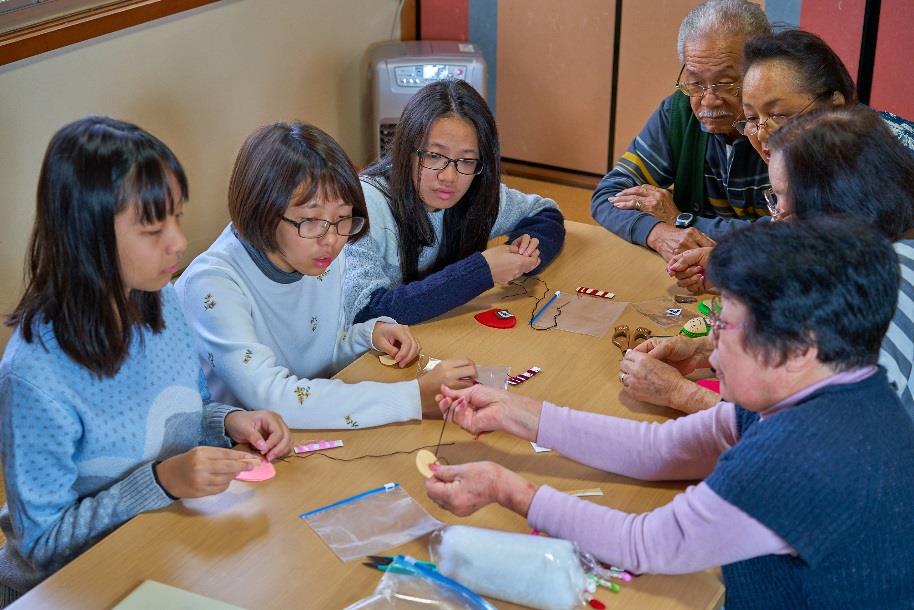
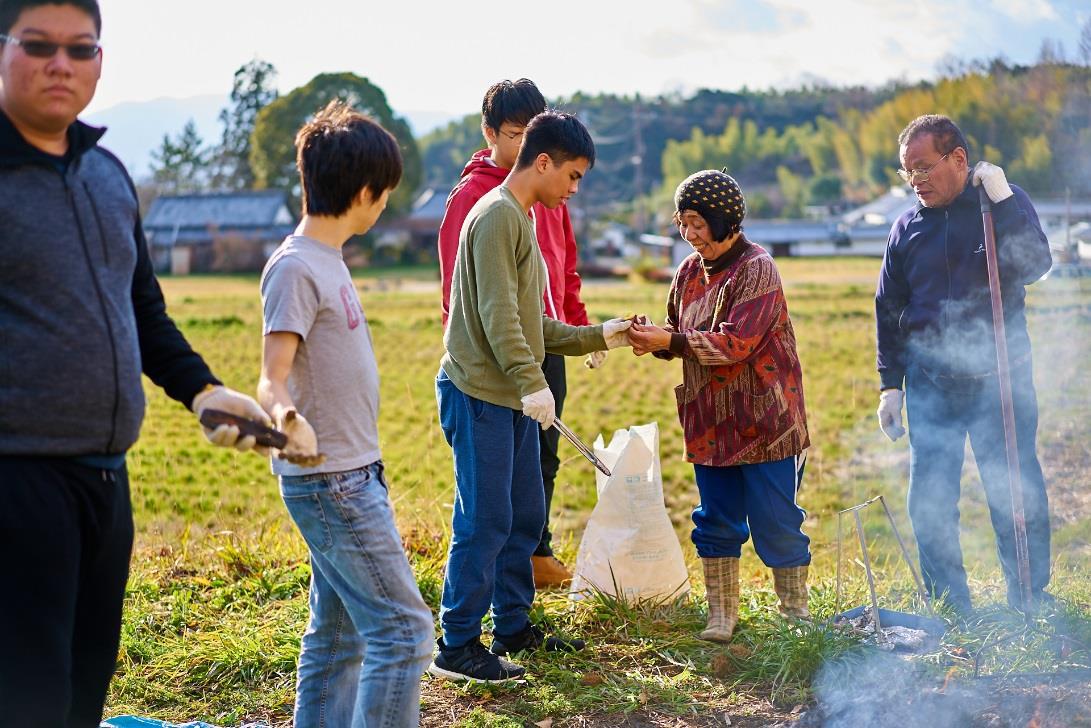
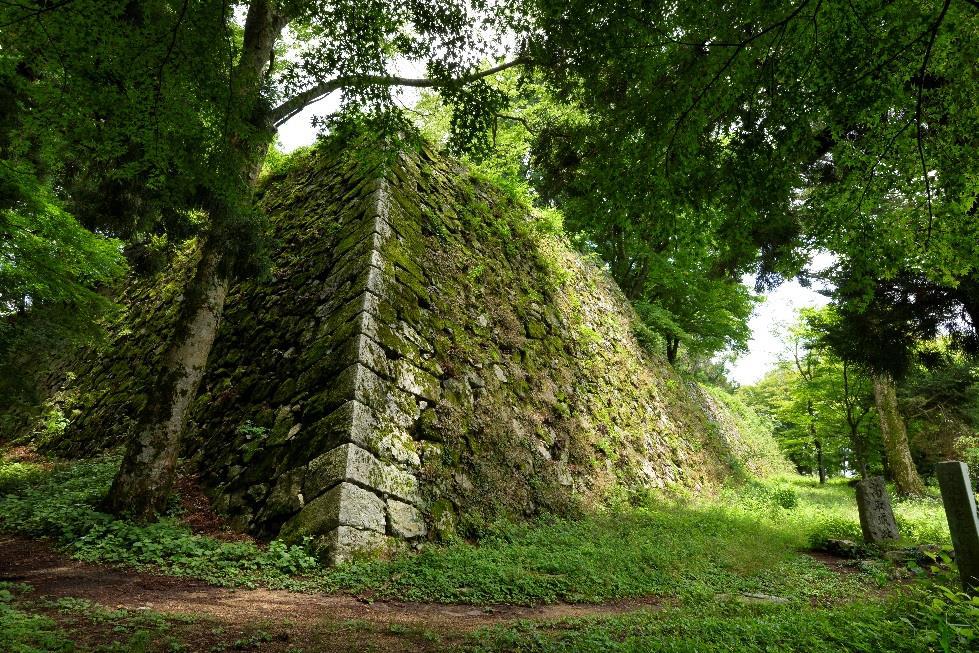
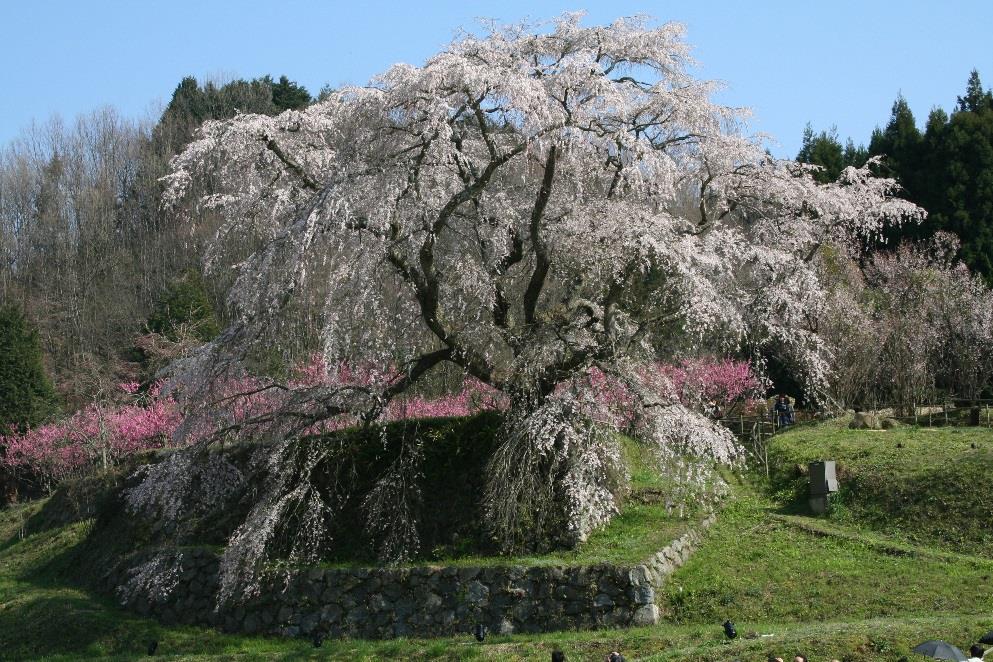
Farm stay allows you to immerse yourself in the day-to-day life of rural communities, experience the Japanese lifestyle, and engage with Japanese people, and it can provide a wonderful educational opportunity for students from all over the world visiting Japan for educational travel. So many of the areas promoting farm stay are active in accepting students on educational trips to Japan, and here we’ll introduce the initiatives of three of them.
Farm stay experience that leverages the wealth of nature and depth of history
The city of Semboku is located in the central-eastern part of Akita Prefecture, and is easily accessible from Tokyo via the Akita Shinkansen or Akita Airport.In Semboku, the city government and other local bodies began accepting educational travelers to Japan in 2012. The city government, schools, and farmers have been working together to design travel programs involving school exchanges and farm stay, and in the 2018 fiscal year over 300 students were accepted. They came mainly from Taiwan, but also from a large number of other countries and territories, including South Korea, the U.S., and India.
There are more than 30 farming households in Semboku that accept students, who can enjoy unique, seasonal experiences. Between April and November, they can enjoy agricultural activities such as planting and harvesting vegetables and picking fruit, while from December to March they can play in the snow and practice preparing local dishes. Many of the students also visit sights such as Lake Tazawa, Japan’s deepest lake, historical samurai residences, and Kakunodate, which is famous for its cherry blossoms. And in winter, ski programs are also available.
Inquiries
Semboku City Rural Experience AssociationE-mail:sembokugt@city.semboku.akita.jp
Available languages: English and traditional Chinese (traditional Chinese is only available with email)
Hours: 8:30-17:15 on weekdays (not available on weekends and public holidays)
Website: https://semboku-gt.jp/








Living like a rural family – Minakami minpaku (private lodging)
The town of Minakami is located in the far north of Gunma Prefecture, and even though it can be reached from Tokyo in just one to two hours, it is surrounded by mountains, and is famous as the source of the Tone River, Japan’s largest river.Minakami accepts students on educational trips from Taiwan, South Korea, and Myanmar, and its at-home-style farm stay, where you stay in a rural village as a member of a family, is what makes it special. By cultivating rice, harvesting vegetables, and exploring the green foothills, you can learn about the traditional way of life, which is filled with wisdom and techniques that have been passed down through the generations since ancient times.
Hands-on study programs that take advantage of the rich natural environment are also popular. They include trekking and hiking through the mountains, outdoor sports such as skiing and rafting, and picking fruits like apples and cherries.
Inquiries
Minakami Experience Trip InstituteE-mail: info@m-tr.jp
Available languages: English
Hours: 9:00-17:00 on weekdays (not available on weekends and public holidays)
Website: https://www.m-tr.jp/








Hands-on educational travel where you learn through the meeting of minds
In the Yamato-Asuka district in the north of Nara Prefecture, the tourism promotion organization and a number of local governments have been working together to offer farm stay and minpaku (private lodging) across a wide area. Not only is the area easily accessible from Osaka, Kyoto, and Kansai International Airport, but is also attractive for its depth of history, as there are numerous valuable historical remains such as the Ishibutai Kofun (stone tumulus) and Kashihara Shrine.The hands-on education travel offered in Yamato-Asuka emphasizes three elements: cooking and eating Japanese food with the host family, learning social skills by living in a different environment, and coming into contact with Japan’s roots by spending time in an area with a long history. The host families are diverse, and include farmers, soy sauce makers, carpenters, temple/shrine priests, souvenir vendors, and manufacturing workers. You can experience a different way of life depending on the family you stay with, and activities include harvesting farm produce, preparing local dishes, reinforcing mountains to prevent landslides, and chopping wood. Among others, visiting historical sites with your host family is a unique program, thanks to the historical depth of the Yamato-Asuka district.
Note: The programs you can participate in differ depending on criteria.
Inquiries
Yamato-Asuka New TourismE-mail: info@yamatoasuka.or.jp
Available languages: English
Hours: 9:00-17:00 on weekdays (not available on weekends and public holidays)
Website: https://yamatoasuka.or.jp/







